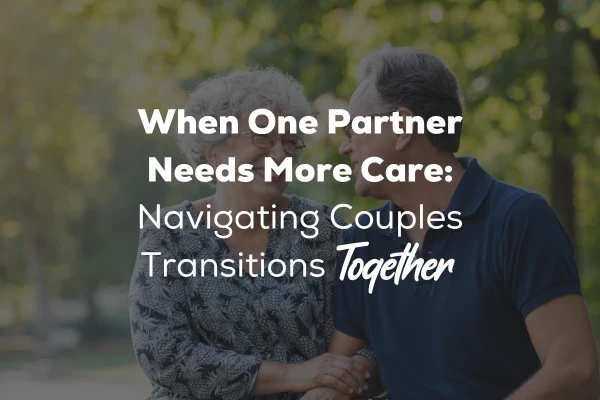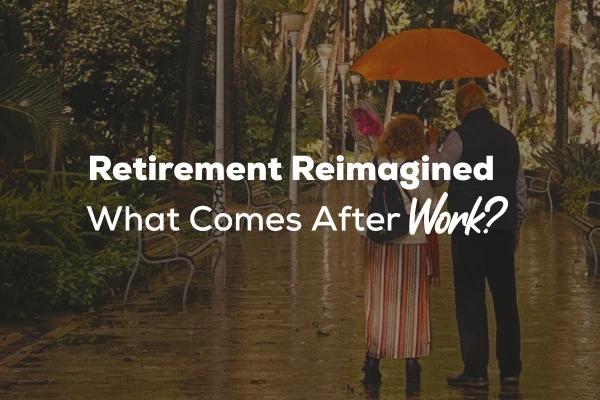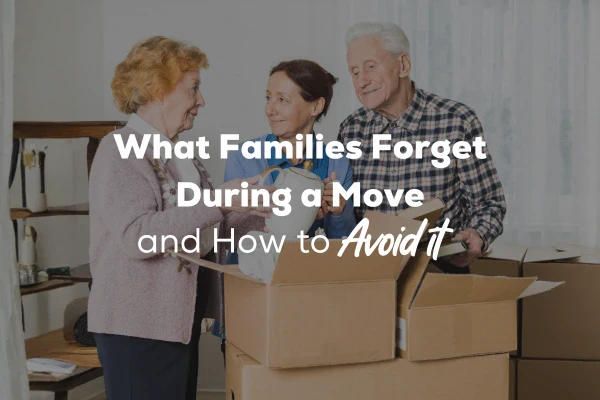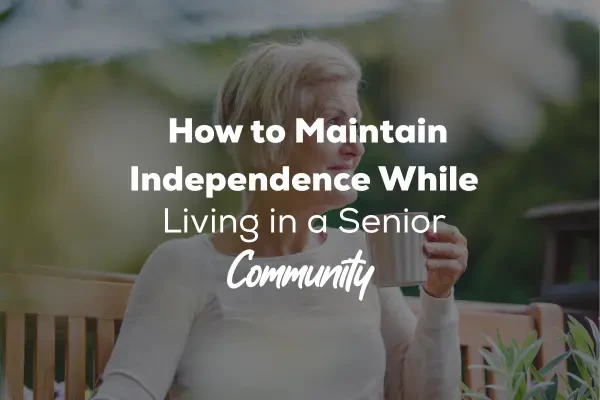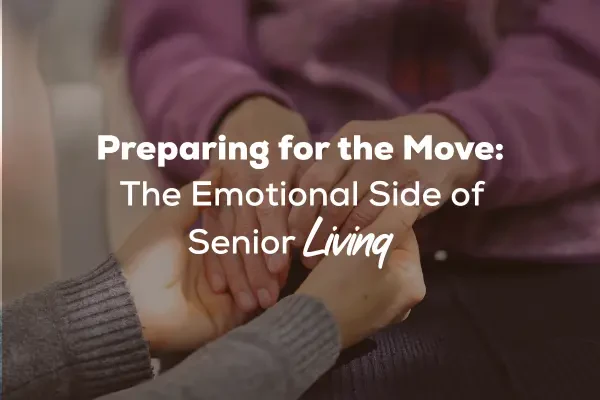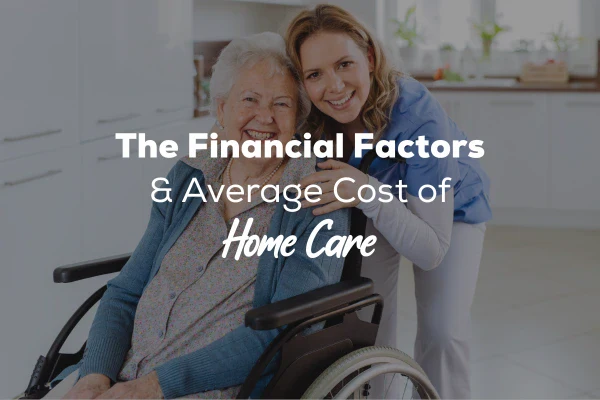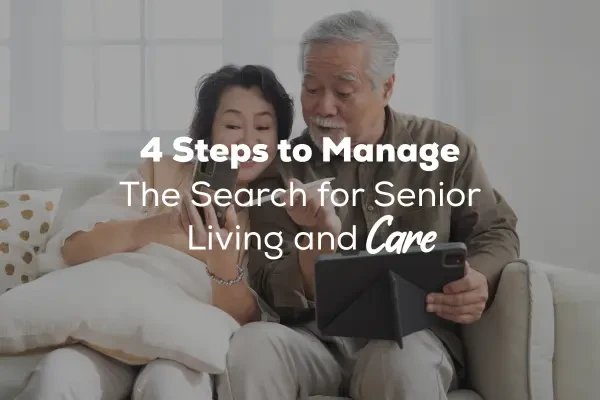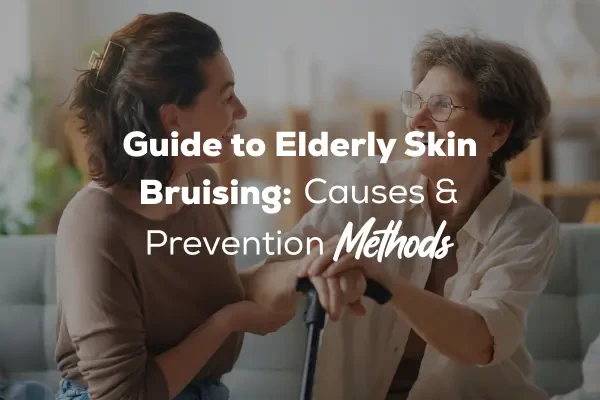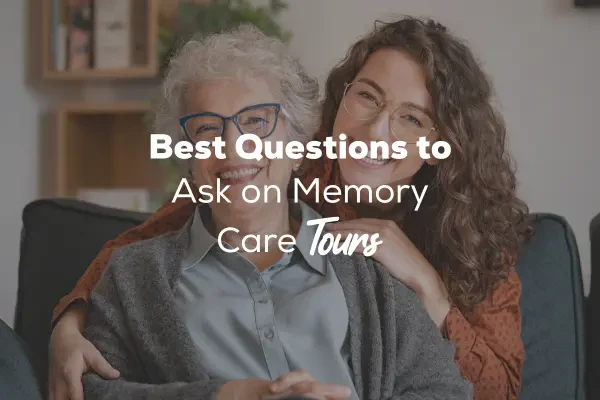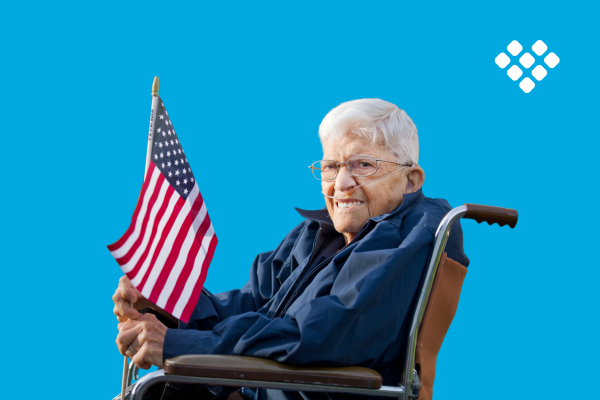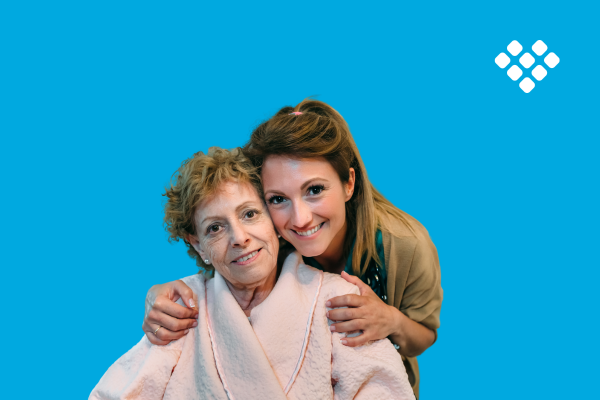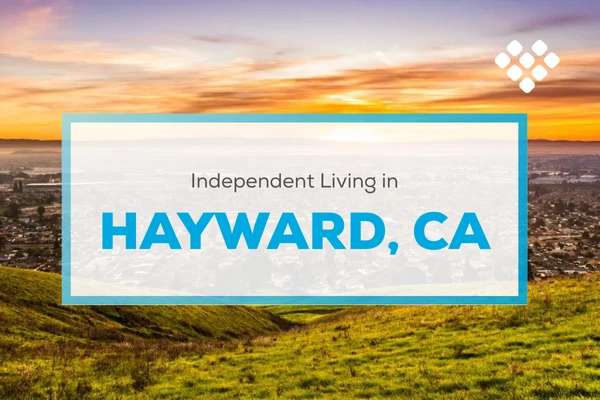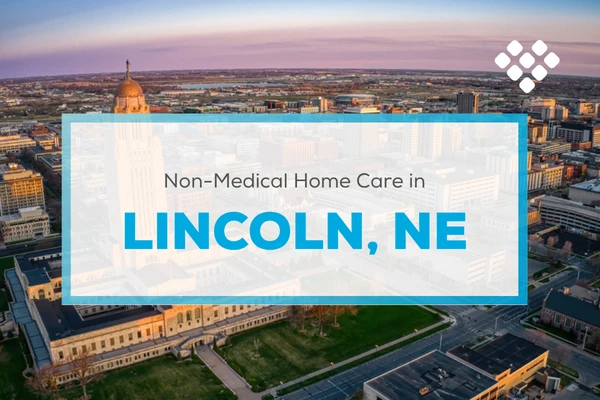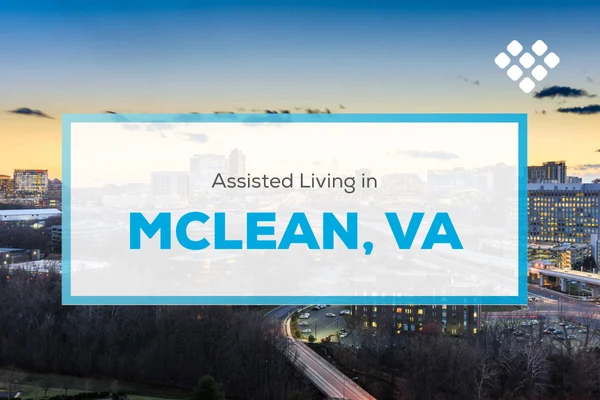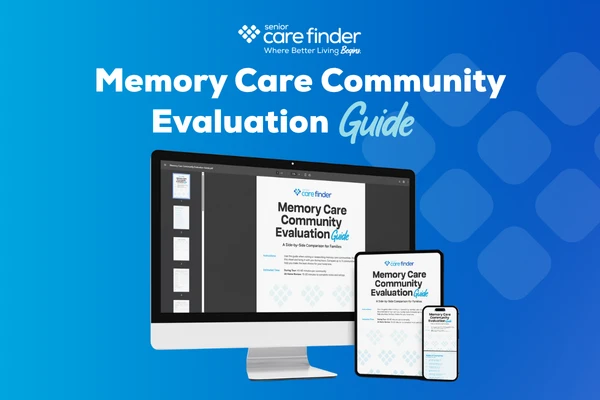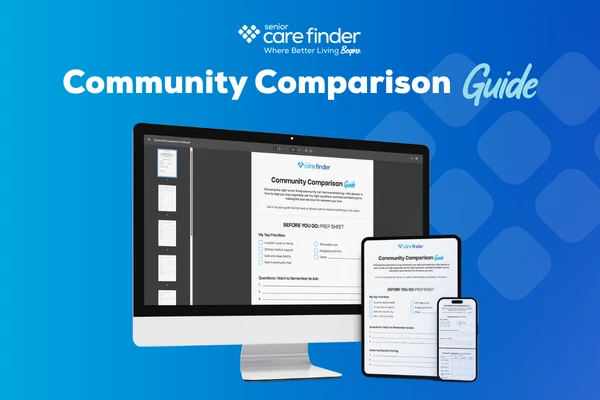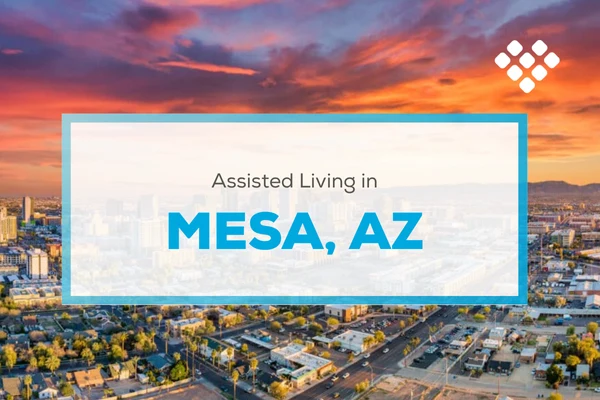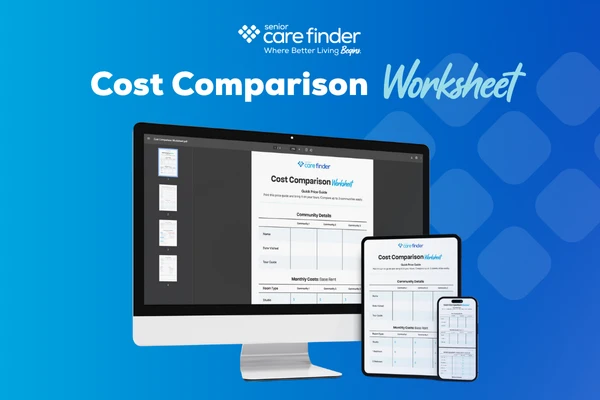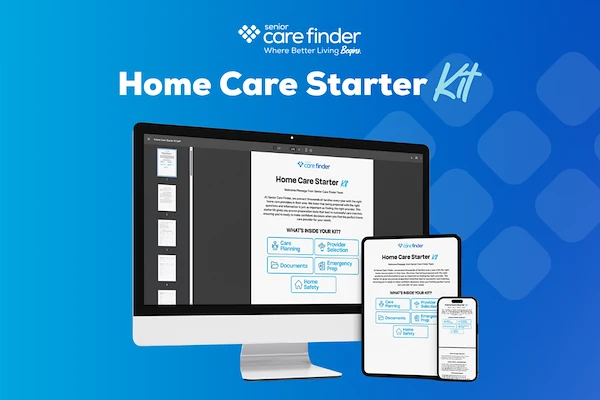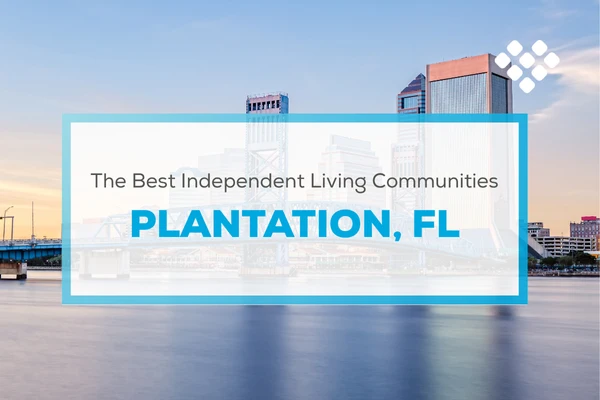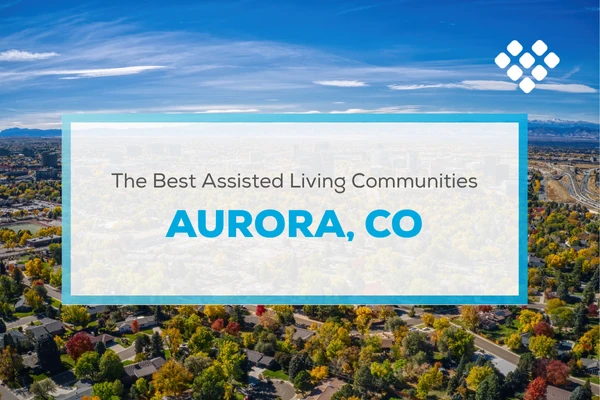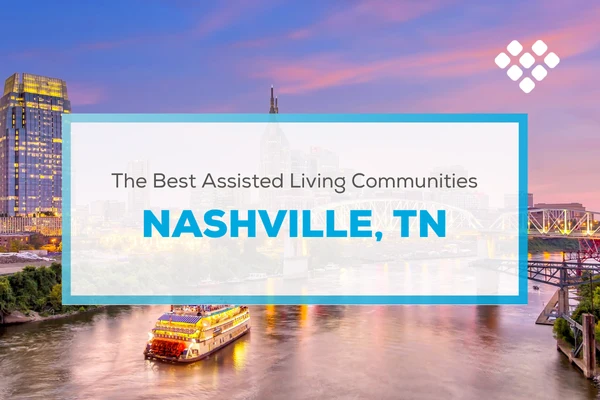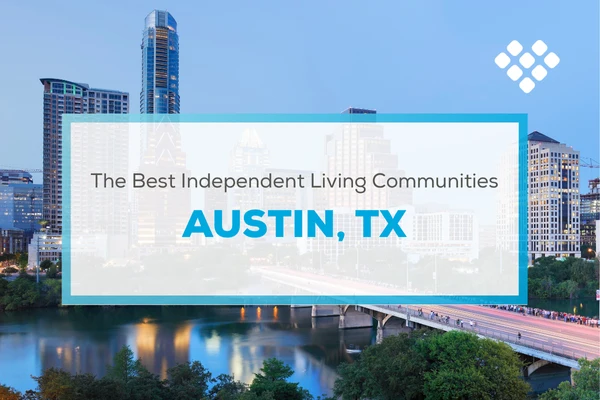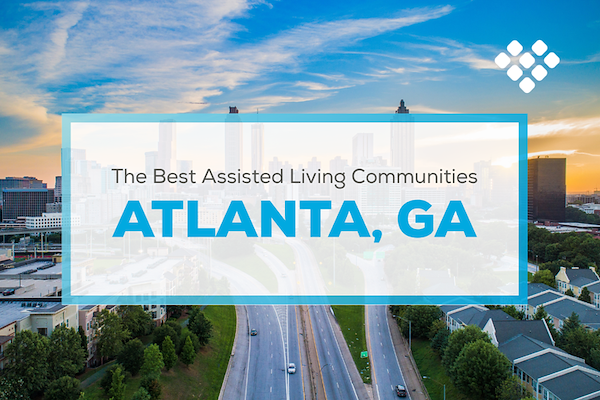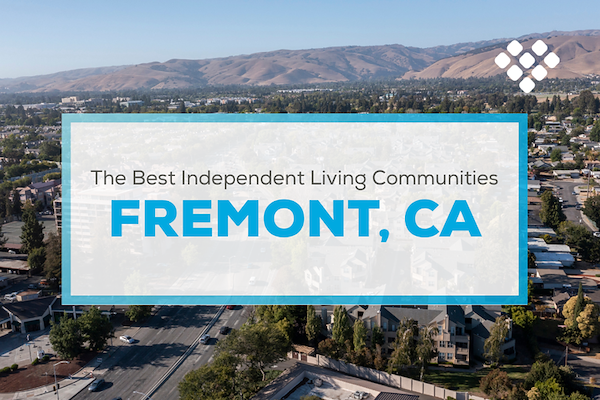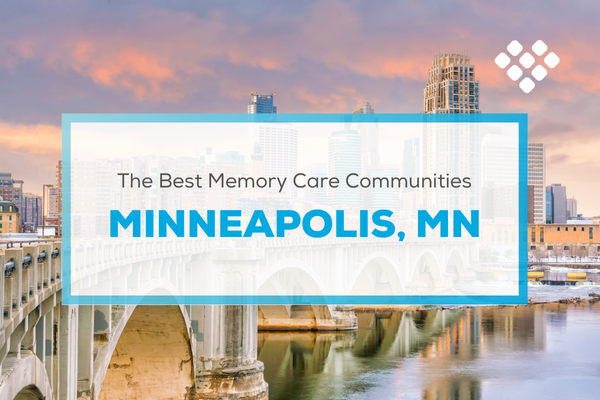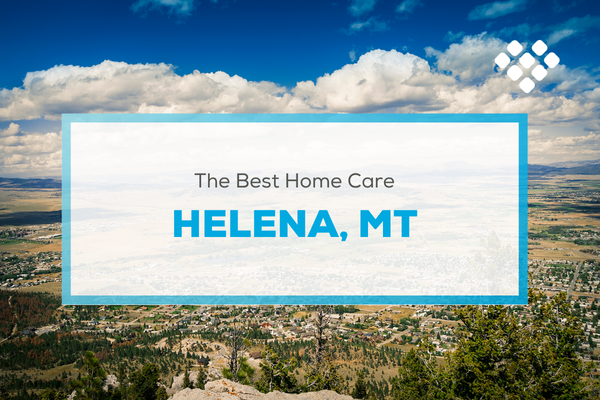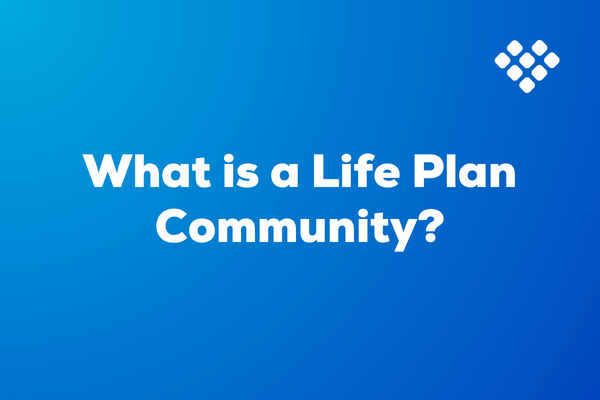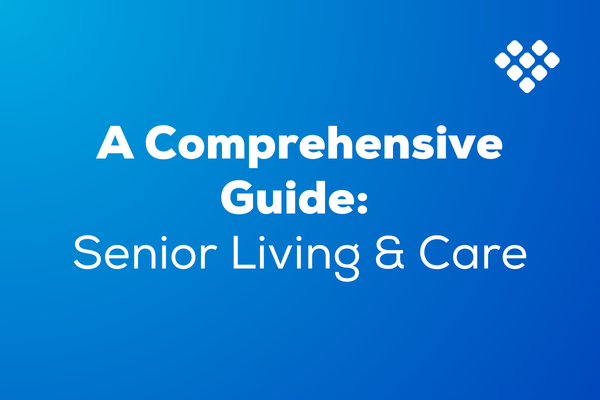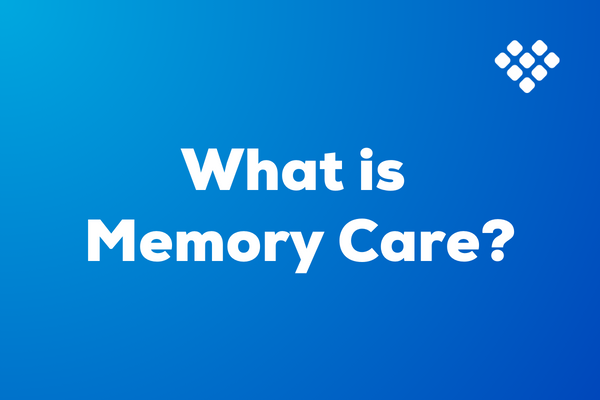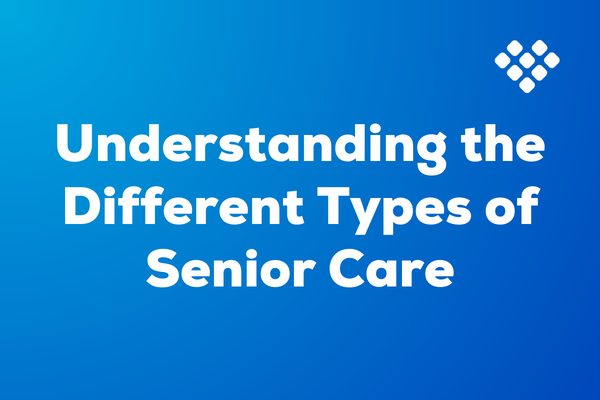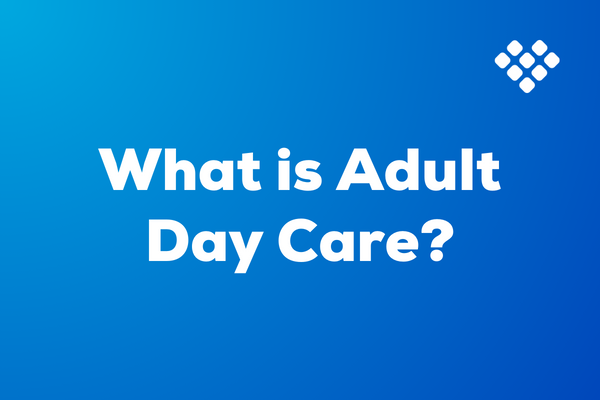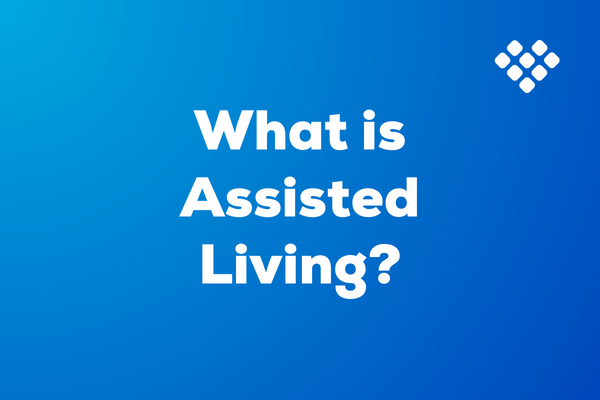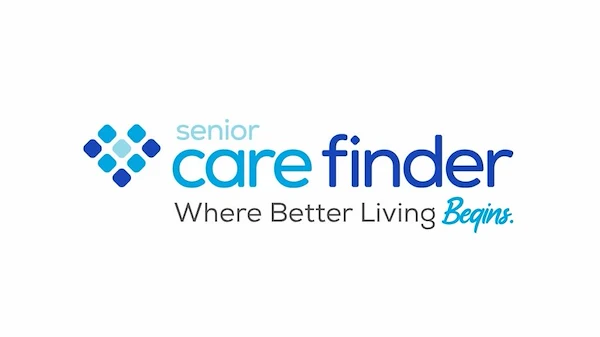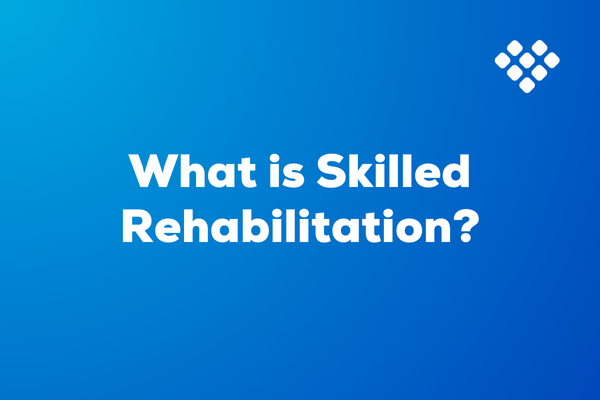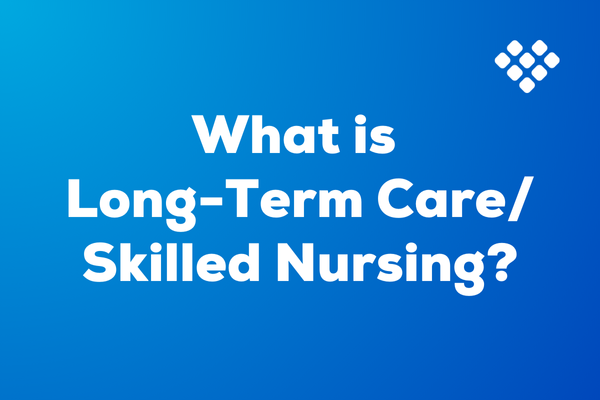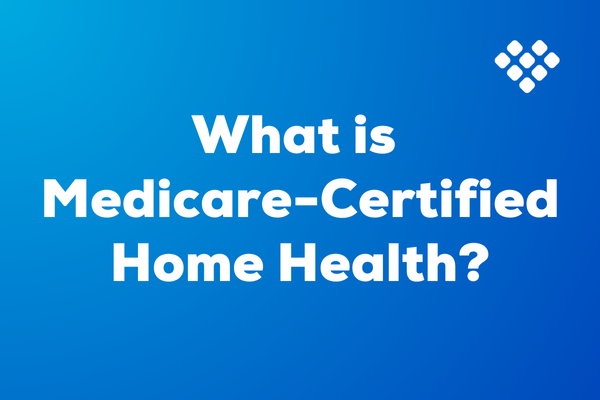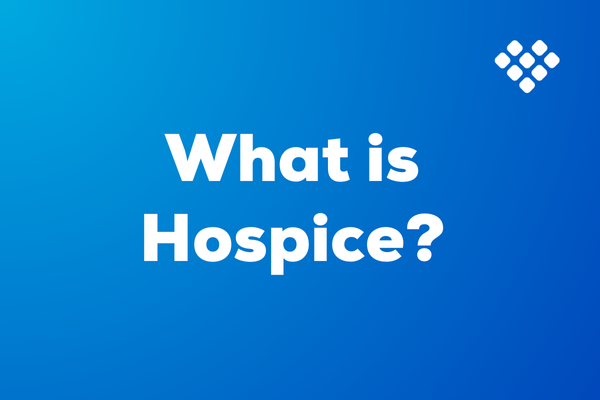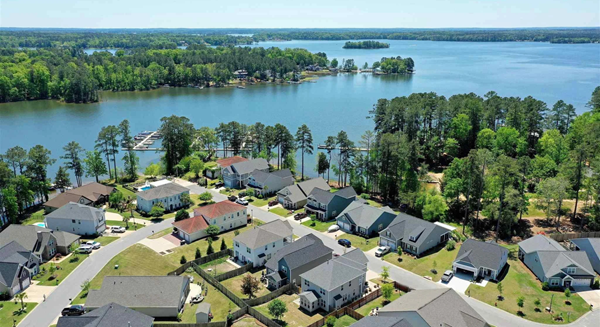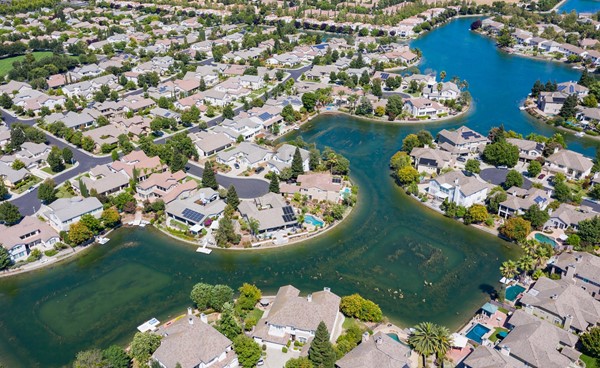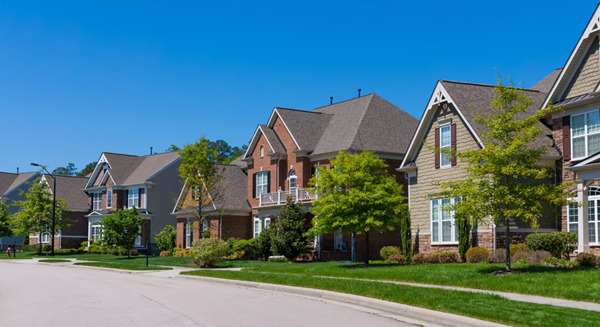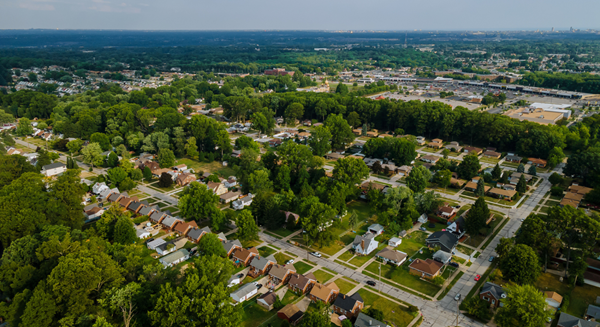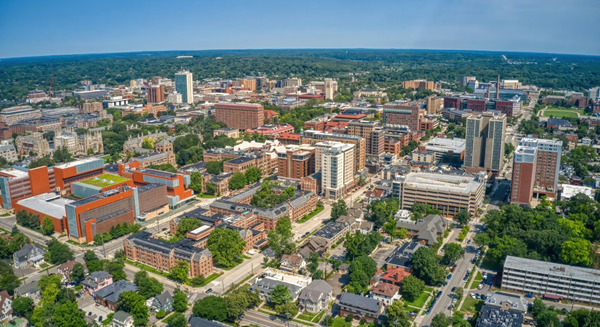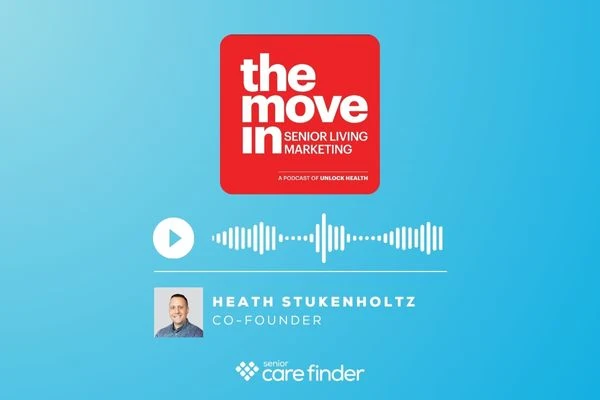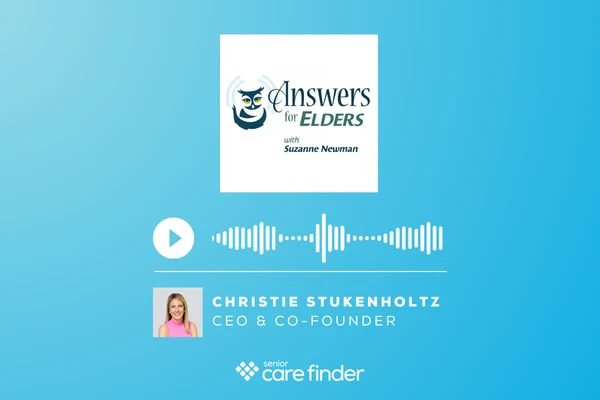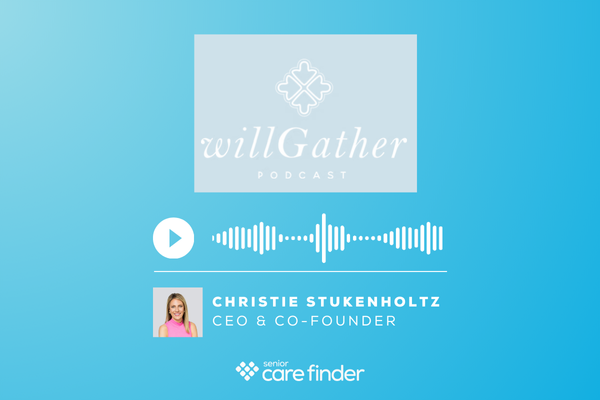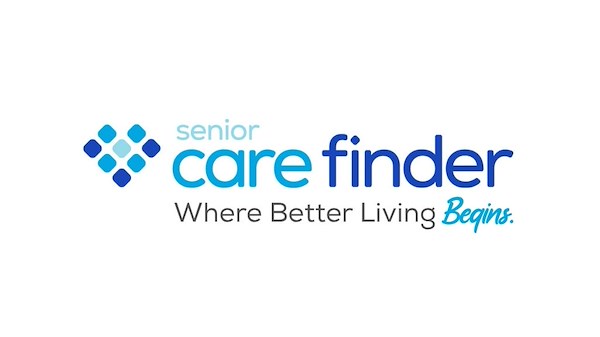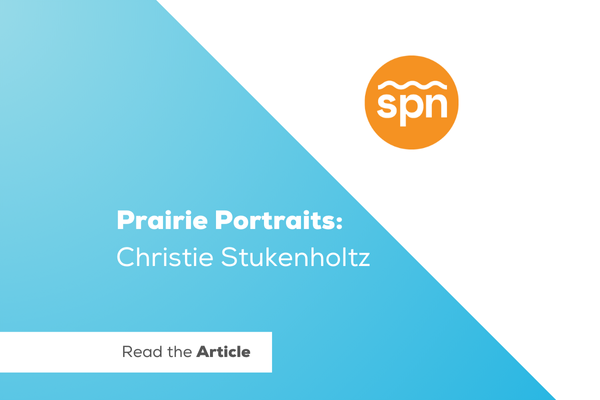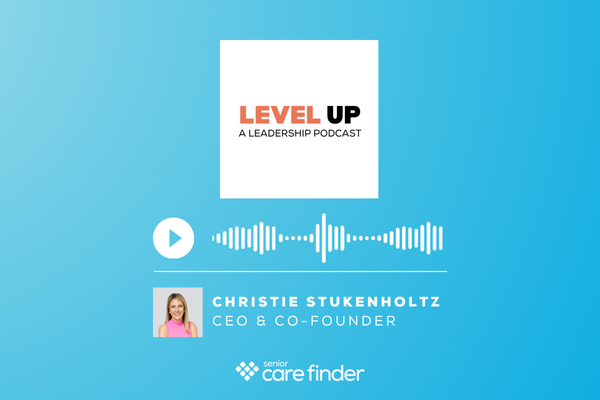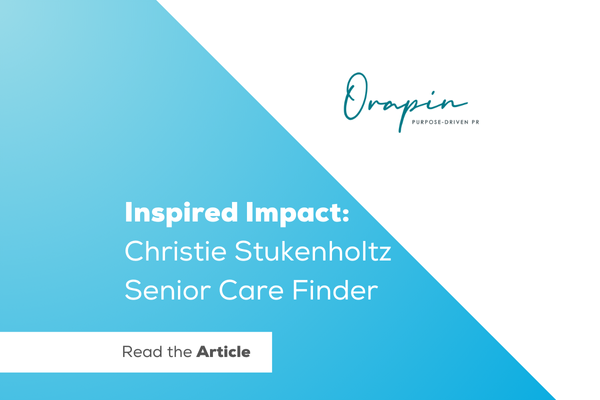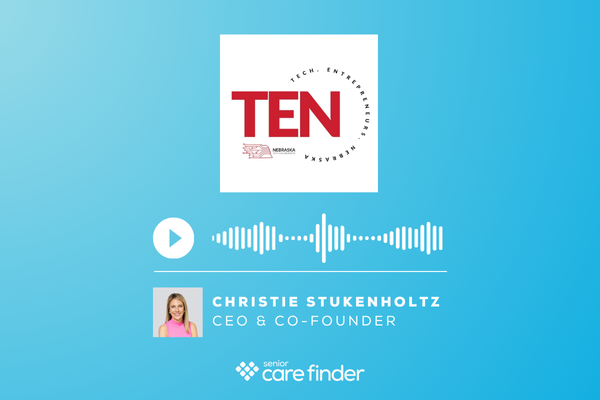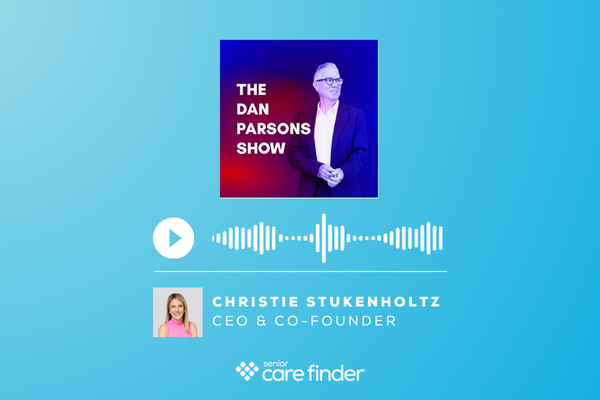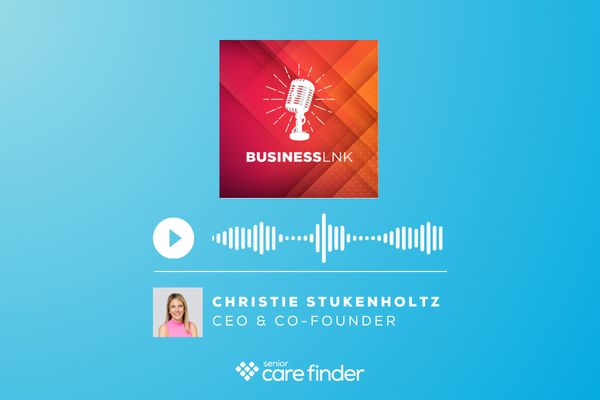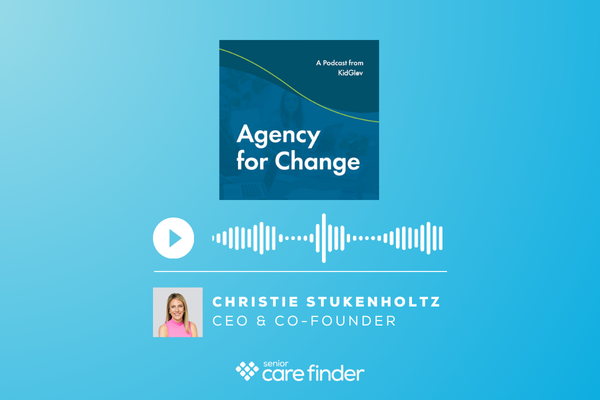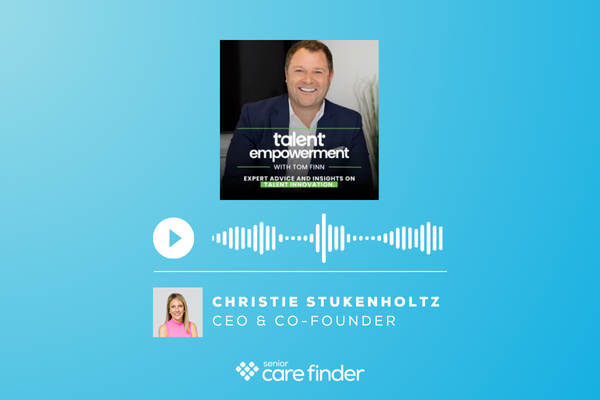Resource Library
Explore our collection of blog posts, guides and tutorials tailored for individuals seeking senior living and care solutions. Whether you're researching different care options, exploring by location, or looking for resources, we've got you covered with helpful tips and tricks!
Blogs
Senior Living Guides
Senior Care Guides
City Guides
Additional Resources
Frequently Asked Questions
A nursing home, also known as a skilled nursing facility (SNF) or long-term care, is a residential care option for individuals who need continuous medical supervision and assistance with daily activities. The services they provide are more focused on medical care than assisted living facilities. A skilled nursing facility often provides:
- Nursing Care
- Supervision
- 3 Meals each day
- Assistance with Daily Activities
- Rehabilitation Services
People may need an SNF if they are sick, have been injured, are recovering from surgery, or have chronic care needs or disabilities that require ongoing nursing care. An SNF is typically the highest level of care outside of a hospital setting with round-the-clock nursing services. Some people can have a brief stay at a nursing home after being in the hospital as they work on their rehab. But many residents of nursing homes live there permanently as they have ongoing care needs.
Contrary to some beliefs, a person can still maintain their independence in a long-term care facility with the help from family and friends. Many SNFs now look and feel much more like home, rather than the traditional nursing homes of the past. See for yourself by
How To: Find the Best Nursing Home
What is Long-Term Care/Skilled Nursing
Understanding the Costs and How to Pay for Senior Living and Care
Medicare-certified home health care refers to home health care services provided by an agency that has been approved by Medicare. These services are delivered in the patient's home and are designed to help individuals recover from an illness, injury, or manage a chronic condition while remaining in a familiar environment. For the home health agency to be certified, it must meet specific Medicare requirements for quality and safety. Key features of Medicare-Certified home health care include:
- Skilled Nursing Care
- Therapies, such as Physical, Occupational, or Speech Therapy
- Hospice and Palliative Care, which includes pain management, spiritual and emotional support, as well as end-of-life planning
- Care Management, such as medication reconciliation, and support in arranging and attending follow-up doctor visits
To be eligible for home health care, a hospital stay is required, as well as a referral from a physician or medical professional. The patient must be homebound, care must be prescribed by a doctor, and the need for services must be intermittent.
Medicare-certified home health care offers essential medical and therapeutic services to individuals in the comfort of their own homes. It ensures high standards of care by meeting Medicare's quality and safety requirements, helping patients recover from illnesses, manage chronic conditions, or regain independence. With skilled nursing, therapies, and support from home health aides, this service promotes healing and well-being for those who are homebound and need intermittent care.
What is Medicare-Certified Home Health
Understanding the Costs and How to Pay for Senior Living and Care
Hospice care is a specialized form of care focused on providing comfort and support to individuals with a terminal illness, typically when curative treatment is no longer effective or desired. Hospice is merely a way to manage chronic conditions with support from licensed, trained, and spiritual care teams. The main goal of hospice is to provide pain and symptom relief, while reducing the burden on family caregivers. Hospice and palliative care can be provided, wherever you call home, allowing a person to age with the dignity and support they need. Key components of hospice care include:
- Pain and Symptom Management
- Emotional and Spiritual Support
- Personal Care Assistance
- Family Support to help families cope with the emotional and logistical challenges of caregiving
- Medical Services including nursing care, medication management, and help with medical equipment needed for comfort
Hospice care is typically covered by Medicare, Medicaid, and most private insurances, and is intended for patients who have a life expectancy of six months or less, although care can be extended if needed. The care is holistic, addressing physical, emotional, and spiritual needs to provide a peaceful and supportive environment for the patient and their loved ones.
Non-medical home care, also known as companion care or private duty care, does not offer medical support, but rather, aids with daily living activities in the comfort of your own home. Home care professionals are often trained and qualified to provide personalized in-home services such as cooking, cleaning, laundry, and companionship.
Often, family and friends provide loved ones with regular check-ins and the support they need to remain independent at home. However, this support can be sporadic and infrequent and potentially compromise the safety and wellbeing of the loved one. Non-medical home care can step in and provide a more regular and consistent support system, relieving the burden and responsibility from family and friends, and allowing your loved ones to retain their independence.
Non-medical home care providers can offer a wide array of services such as:
- Personal Care Assistance
- Companionship
- Meal Preparation
- Transportation
- Light Housekeeping, such as cleaning, laundry, and errands
Non-medical home care is especially beneficial for seniors, individuals with disabilities, or those who need a little extra support to maintain their independence and quality of life at home. With compassionate caregivers offering personalized support, this type of care ensures comfort and dignity and helps people maintain their independence and continue living life on their own terms in a familiar and loving environment.
Understanding the Costs and How to Pay for Senior Living and Care
Active adult living refers to a housing and community lifestyle designed for people aged 55 and older who are retired or semi-retired, but still lead active, independent lives. These communities are also referred to as 55+ communities or age-restricted communities and focus on offering amenities, activities, and social opportunities that cater to healthy, active seniors who want to enjoy a more vibrant lifestyle while remaining independent. Active adult living is ideal for people who seek a supportive, community-driven environment but don’t need medical or personal care assistance.
Active adult living differs from independent living in that it places a greater priority on lifestyle and activities, with residents managing their own daily needs, such as cooking and cleaning, rather than relying on provided services. Common features of active adult living often include:
- Fitness Centers and Recreational Facilities, such as
- Gyms and Swimming Pools
- Walking or Biking Trails
- Golf Courses or Pickleball Courts
- Social and Hobby Clubs
- Maintenance-Free or Low-Maintenance Living
- No or Minimal Healthcare Services
- Convenient Locations
Active adult living communities offer an ideal solution for older adults looking to downsize and simplify their lives while maintaining a vibrant, independent, and active lifestyle. With a focus on recreation, socialization, and minimal maintenance, these communities provide the perfect environment for individuals who want to enjoy their retirement years with like-minded peers in a community that supports physical activity, hobbies, and new experiences.
5 Most Affordable States for Retirees
Understanding the Costs and How to Pay for Senior Living and Care
Assisted living, also referred to as senior living, is a residential, home-like option, designed to offer a balance between independence and support, ensuring that seniors can live as autonomously as possible while receiving help with essential activities when necessary. The living spaces are designed to be accessible, often with safety features such as handrails, emergency call systems, and wheelchair-friendly layouts. Unlike traditional homes, these environments are structured to offer a sense of security and ease for those who might struggle with mobility or cognitive challenges.
Assisted living facilities often offer high quality dining services, activities, and access to amenities such as a chapel, movie theatre, exercise facility, etc. Assisted living is the right choice if you are seeking:
- In-house dining services (often 3 meals per day)
- Medication management
- Housekeeping and laundry services
- Nurse aide and licensed nursing services
- Assistance with eating, bathing, toileting, walking, etc.
- Dementia or memory care support
- Exercise and wellness activities
- Transportation
- Security
- Socialization
Assisted living is a middle ground between independent living and full-time care facilities like nursing homes. While assisted living facilities do not have a required quality rating system, you can still compare and evaluate the amenities and services offered by searching here.
Understanding the 5 Factors of Assisted Living Costs
Independent living refers to a type of housing arrangement designed for older adults, typically 55 and older, who can live independently but want the convenience of a community that provides certain amenities and a maintenance-free lifestyle. This option is ideal for seniors who don’t need assistance with daily life but are looking to downsize from a larger home and enjoy a more simplified, community-focused environment. Independent living communities often offer:
- Private Living Spaces
- Community Amenities, such as:
- Dining Centers or On-Site Restaurants
- Fitness Centers and Swimming Pools
- Scheduled Social Activities
- Libraries, Game, and Media Rooms
- Maintenance Free Living, to include:
- Housekeeping
- Laundry
- Transportation
- Social Environment
- Safety and Security
Independent living is an ideal choice for older adults who want to maintain their independence while enjoying a vibrant community atmosphere. With the focus on lifestyle, convenience, and social opportunities, it allows seniors to live with fewer responsibilities and more time to pursue hobbies, relationships, and personal interests. It’s a perfect blend of freedom and community for those who are ready to move into a more simplified and supportive living arrangement without sacrificing their autonomy.
Memory care communities typically feature safe, secure, and structured environments where staff can closely monitor the well-being of residents with Alzheimer’s or dementia. Employees often provide meals and help residents with personal care tasks, just like the staff at an assisted living facility. They are also specially trained to deal with the unique issues that often arise because of dementia or Alzheimer’s and check in with residents more frequently to help them navigate their day. Memory care communities typically offer programs, activities, and events that are specifically designed to help individuals work on their cognitive abilities, while continuing to enjoy familiar hobbies.
Adult day care is designed to relieve a person’s caregiver of daytime duties while providing the proper care for the individual in a safe and caring environment. These services provide care and companionship for older adults who need assistance or supervision, and for those who seek daily interaction. Often in a non-residential facility, adult day cares are typically open during weekday business hours when a family member or caregiver is working.
There are three main types of adult day care centers:
- those focused mainly on social interaction
- those that provide medical care
- those dedicated to Alzheimer’s and memory support
You may find an adult day care center that offers all these services in one place. Adult day care is often affiliated with or located within other senior care organizations such as independent living and assisted living communities, skilled nursing facilities, and long-term care communities.
Adult day care centers typically provide:
- Social activities
- Assistance with daily tasks
- Occupational, physical, and speech therapy
- Educational and exercise programs
- Health monitoring and podiatry care
- Preparation of meals and snacks
- Transportation services
There are more than 7,500 adult day care centers in the U.S. that provide services to older adults, according to the National Adult Day Services Association (NADSA). For family caregivers, adult day care centers offer a break from constant caregiving duties and enable them to continue working without worrying about their loved one’s safety.
Understanding the Costs and How to Pay for Senior Living and Care
Finding the Best Value: Top States for Affordable Memory Care
Any listing that says Verified has had its listing details and community contact checked for accuracy by our listing data team. Our goal is to provide you with the most accurate and quality information during your search for senior living and care.
We have two types of Star Ratings on our platform, one for Senior Care and one for Senior Living.
Senior Care listings have ratings from CMS (Centers for Medicare & Medicaid Services). These include the following care types: Long Term Care Skilled Rehab, Home Health, and Hospice. These ratings are provided by CMS, a government agency, and have multiple factors that go into them. For more information, visit: CMS Website.
Senior Living listings (non-CMS) have user ratings from Google reviews.
To ensure you see quality, accurate, and up-to-date information, our Verified and Premium listings appear first in the search results, based on their proximity to your search location. These listings are prioritized because they provide the most detailed information, including photos, amenities, descriptions, and reliable contact details—making it easier for you to compare and find the best options.
To create a new login, select "Log In" from the menu on the top right. Once on the login page, go to Register, select User from the role dropdown, fill in your information, and select Register once complete. You will automatically be logged in and can continue searching, saving, and contacting providers you want more information from. For more information about the benefits of having a login click here.
To reset your password, select "Log In" from the menu on the top right. Once on the login page, select "Forgot your password". Input your email, select Email Link, and follow the instructions in the email you receive from Senior Care Finder.
No, you do not have to log in. In fact, Senior Care Finder is the only fully comprehensive site for Senior Care and Senior Living that does not require you to input your information before searching. However, if you would like to favorite listings and save searches, you are welcome to do so by creating a login. Learn how here.
Our team of senior care experts has decades of experience helping individuals and families navigate the senior care journey. Both personally and professionally, we have experienced the often confusing and frustrating process of trying to search and find quality information to help make informed decisions for loved ones. While each provider does their best to provide accurate and up-to-date information about their services on company websites and brochures, we were never able to find an all-inclusive resource to search, compare, and select the best senior care.
We found care seekers looking for an all-inclusive online resource where they could search and compare providers, while nothing like it existed. There are certainly options available for individuals to connect with contract agents who help ease the burden of the search process. While these contract agency services might be free to the care seeker, providers pay a fee for each referral they receive. We still believe in the value of these agents for those who need extra guidance or cannot do it on their own. However, we feel a free service like Senior Care Finder can be a great alternative resource.
The only bias we have is to provide full transparency. We allow a care seeker to search based on proximity or quality ratings and then compare similar providers side-by-side and share those results with others. We believe this is the best process to help search, compare, and find the best senior care.
Senior Care Finder is different because we are NOT a contract agent or a paid lead generation service and do not charge for leads or get paid per move-in. Unlike other referral sites, you as a care seeker do not need to provide any personal information in order to view providers in your area or to conduct a comprehensive search.
Our team is always happy to assist, whether you are just beginning your journey for finding the best senior living and care, job hunting, or simply have questions. Fill out our Contact Us form, and we will be in touch soon!
No. Senior Care Finder is not only free to you as a consumer, but also unique in that if you select a community you found through us we do not charge that provider for connecting you either!
